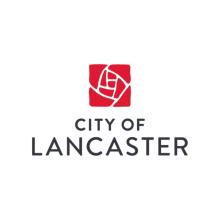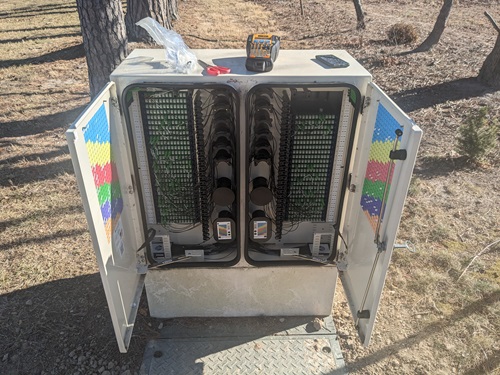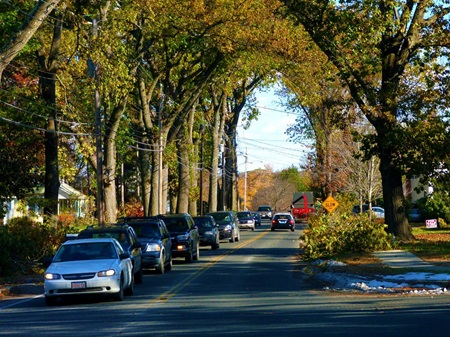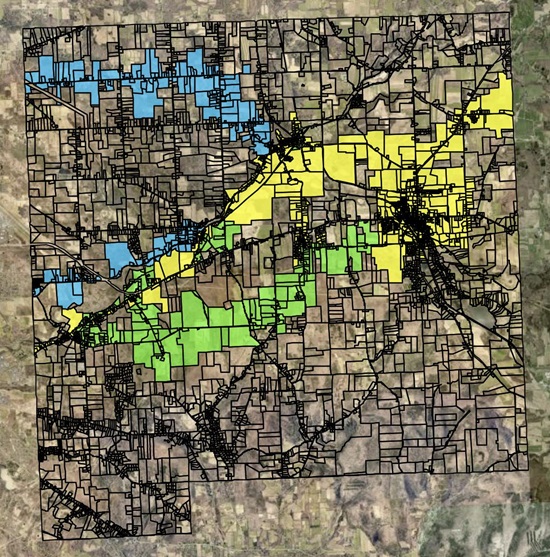Big Apple Connect, Pole Attachments, and DEA Lawsuits | Episode 122 of the Connect This! Show

Edit: We encountered a technical issue with the streaming platform for the show; it resolves around 1:20.
Catch the latest episode of the Connect This! Show, with co-hosts Christopher Mitchell (ILSR) and Travis Carter joined by regular guests Kim McKinley (Tak Broadband) and Doug Dawson (CCG Consulting) and special guest Angela Siefer to talk about all the recent broadband news that's fit to print. On the docket today:
- Cedar Falls Utilities in Iowa shuts down its cable TV offerings
- Big Apple Connect in New York City continues to give public dollars to broadband monopolies instead of implementing a structural solution
- A new report says SpaceX has foreign investors in China
- West Virginia wants to build a pole attachment database, but investor-owned utilities are pushing back
- The National Digital Inclusion Alliance has filed its lawsuit against the Trump Administration for cancelling the Digital Equity Act
Join us live on October 10th at 2pm ET, or listen afterwards wherever you get your podcasts.
Email us at broadband@communitynets.org with feedback and ideas for the show.
Subscribe to the show using this feed or find it on the Connect This! page, and watch on LinkedIn, on YouTube Live, on Facebook live, or below.














